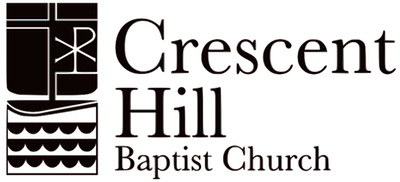Homework Helpers
Community seems to develop anywhere people regularly come together and have time to interact in unstructured or less-structured ways. So it has been for me with Homework Helpers. Several years ago Jason Crosby asked in particular for helpers who could aid some of our Karen youth with math homework. When I started college many years ago I intended to become a high school math teacher. Calculus and differential equations proved less intuitive than math had been for me up to that time, and behavioral psychology was an immediate draw, but statistical analysis in psychology was one of my areas of study and relative expertise, so when Jason asked for math help I volunteered, along with several others who also tutor math.
The young folks I work with vary across several high school grades, and so are doing a range of kinds of math. Simple algebra, simultaneous equations, graphical solutions, plane geometry, trigonometry (and the occasional application I have to google and study a bit to understand), all show up unpredictably from week to week. So far I’ve been able to help with most of the work, though I do ask for help from H. B. Brady or Max Mason at times. The young folks thank us for our help very graciously, and one proudly showed me his grade reports, all A’s and B’s, including in his algebra class. I’m sure we’re doing good work.
But what is a bit surprising to me is how I have come to feel in community in the youth room while we tutor. When I walk in folks glance up and greet me. While we wait to see which students need which kinds of help this night, I might end up visiting with Margie Ash or Beverly Baker or Sara Jo Hooper or H. B. or some of the other folks who are there to help. And between students some of the same conversations spring up. I feel a clear sense of caring among us. Part of it, I believe, is from our sharing a task and a goal to help our students. But part of it too I believe is personal, all our caring for one another, in community that has developed.
Tom Ehrich, noted Christian author and church growth consultant, speaks of multi-channel churches, churches that have recognized Sunday worship is no longer the main function of churches that are going to thrive (or survive). These churches have vital web presences, a variety of active small groups, and various activities for interested members or others during the week. Each of these draws somewhat different folks into the community, and our Homework Helpers seems to be a nice example of part of what Ehrich has described.
John Birkimer
